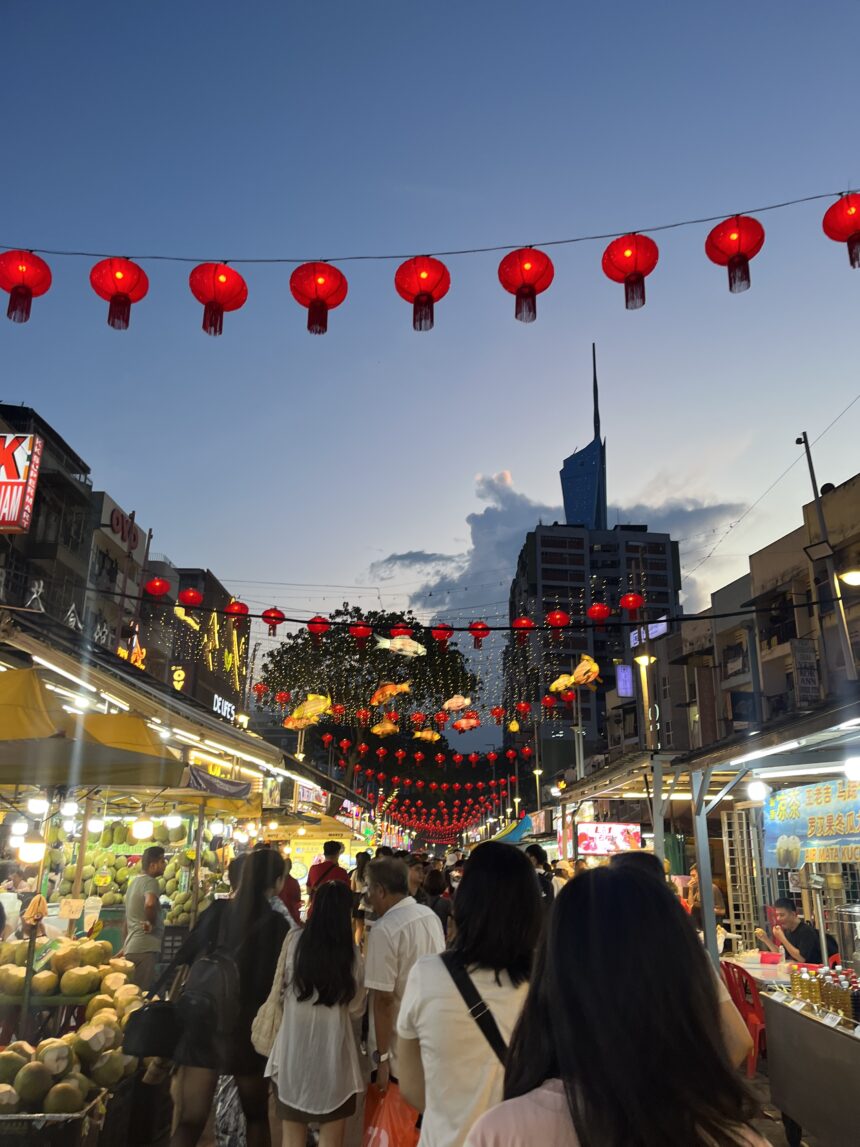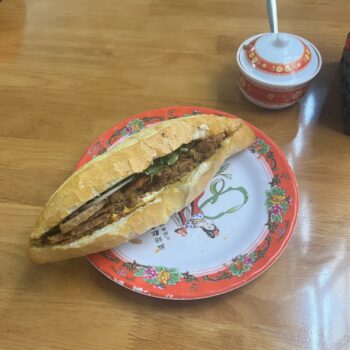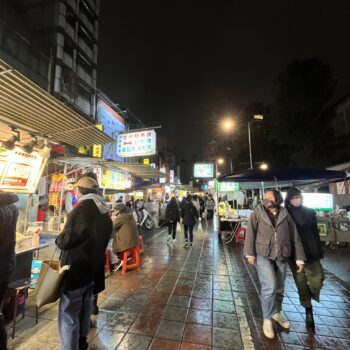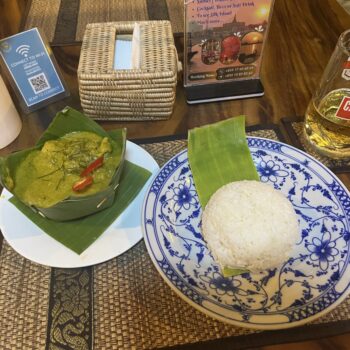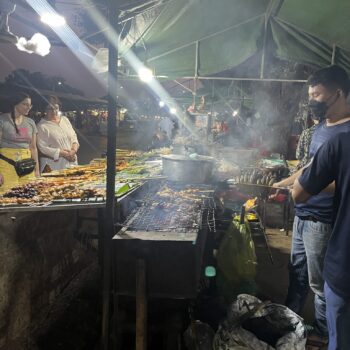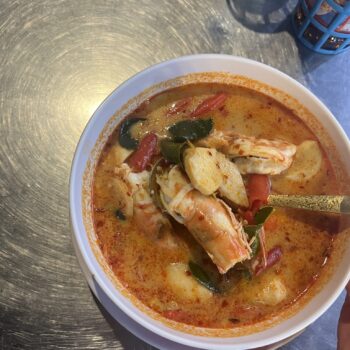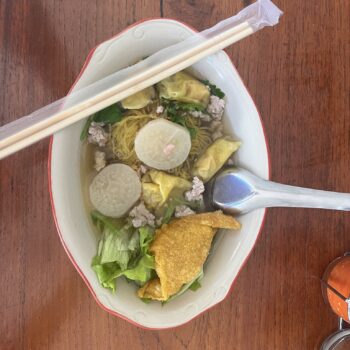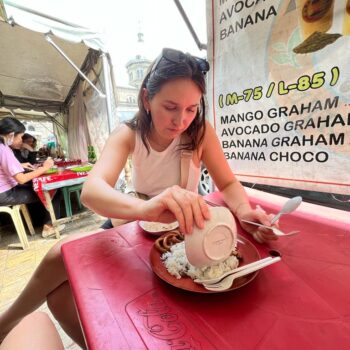Traveller’s diarrhea is the number one cause of illness for tourists. It can happen anywhere but some countries carry higher risk than others and some individuals are more vulnerable. Please note this when reading the general advice below. This is also coming from someone who is not overly cautious when travelling as I will try just about anything and surprisingly have never gotten that sick. I do however keep the following information in mind at all times and ask myself, is it worth it?
Before you Leave
Take the Dukoral (oral) vaccine before you leave
Take a probiotic leading up to and on the trip for improved gut microbiota. There isn’t strong evidence for this but there is some and it won’t hurt you so might as well. The strains you should look for are Bifidobacterium bifidum, Lactobacillus acidophilus, and Saccharomyces boulardii.
Buy a Lifestraw or another filtered water bottle. You can order this online or find it in some stores. There are a variety, but make sure to buy one that filters bacteria and parasites as some only improve water quality but don’t filter organisms.
Pack appropriate medications in case you do get sick. You can buy these in most countries but once you realize you are sick the last thing you want to do is search for medications in a foreign country, so best to be prepared:
- Anti-emetic to treat nausea and vomiting
- Electrolyte packets and/or multivitamins to help with dehydration.
- Antidiarrheals but do be careful taking them if the cause of diarrhea is an infection or foodborne illness as usually you have to get the bacteria out of your system through excretion and don’t want to delay that
On Your Trip
Avoid tap water and ice
The main cause of foodborne illness is contaminated water. Drink bottled water (or use filtration tablets or a Lifestraw to drink tap water anywhere), but it’s easy to forget other sources. The biggest culprits are raw fruit and vegetables washed in tap water. Another big one is drinks with ice such as smoothies and fruit juices. You can avoid these foods entirely, ask for drinks without ice, or use your judgment as to whether you trust the place to use bagged ice and clean water. If you’re still unsure, beer or wine is a safe bet!!
Make sure meat and all foods are cooked thoroughly
People often avoid meat in countries for fear of getting sick. However, since meat is cooked I would eat it over a salad most of the time. You want your soups piping hot and meat to look fully cooked through (ie. not rare/pink inside) and you should have little to worry about.
Dont eat lukewarm food
If your food is being cooked right in front of you I really wouldn’t worry. Start to worry when food is sitting at room temperature behind glass and may have been out for over 2 hours. If they can at least microwave or re-heat it for you that will help. This also applies to leftovers – if you go for dinner and take food home make sure to get it in a fridge within 2 hours. This only applies to foods that need to be refrigerated and not pastries, bread, desserts, etc.
Eat at places with lots of people, especially locals
Places are simply not going to be popular and have return customers if they get people sick. If you are out walking around or at a food market and not sure which stall to try a sure bet is the most popular one with a crowd of people, especially locals as they are less likely to be duped. With established restaurants, you can check online reviews first. Another place I typically trust is my hostel as they know they will get a poor rating if guests are getting sick.
Go on a food tour or book a cooking class
This will be a trustworthy way to try safe local foods as the guides will not take you to a place that serves unsafe food. During a cooking class you can see the food is prepared and cooked properly, and rest assured it won’t be in business long if it isn’t.
Wash your hands
Bacteria, viruses, and parasites can spread from person to person, especially in close quarters such as hostels and cruise ships. Be diligent with hand washing after using the washroom and before eating. Carry hand sanitizer with you as backup.
Let me end by saying please please please do not let the fear of travellers diarrhea stop you from trying local foods and new things. It’s an important part of travel and as long as you’re a little cautious you should be perfectly fine. Even if you do get sick it will be short-lived and you will be okay but it will definitely put a damper on things.

